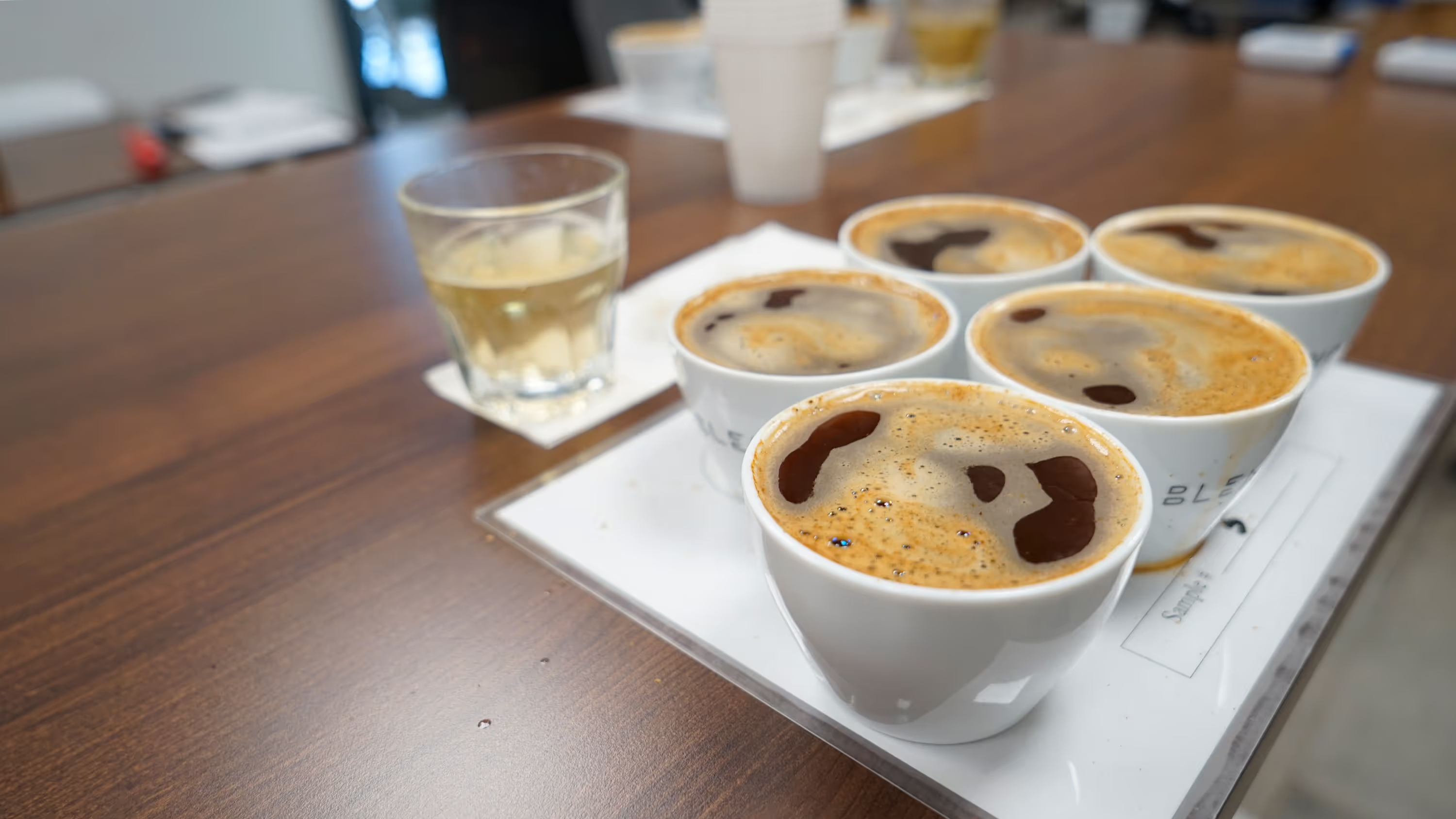
.avif)
Botanica is an independent coffee quality lab and training center that provides quality analysis and coffee education services in Ecuador. We work closely with producers from different regions of the country, providing feedback and training in different areas of the coffee value stream
What does it mean to your company/organization to be an ICP?
As an ICP we will be able to contribute not only with the growth of the Ecuadorian coffee community, providing access to high quality training, but also to more equitable relationships between producing communities and other actors of the coffee value stream. The ICP can be a powerful platform for knowledge building, for research, learning and growing.
Provide a summary of what your company/organization accomplishes and include mission if
applicable.
We work closely with producers from different regions of the country, providing feedback and training in different areas of the coffee value stream. Our goal is to build safe spaces where everyone feels welcome to learn; an environment where different perspectives are welcome and respected. We provide high quality training, considering our learners' background, culture, and learning style.
What is your relationship with CQI/the Q Program?
Todd Arnette is a Q Instructor for Arabica and canephora, and Camila Khalife is a QE Assistant Instructor.
Please list project work or national course offerings you helped coordinate.
We have hosted Q Arabica and canephora courses, as well as training in barista, roasting, green coffee and sensory skills in different regions of the country.
What do you think are the opportunities of CQI's Q Coffees program?
It is an opportunity for producers to access a market platform and have feedback about their coffee. We would like to include the Q Coffees program as part of a "Lab Subscription" model, in which producers can access a wide range of services and benefits.
What do you think are the benefits of being a CQI ICP?
Being an ICP can bring benefits to both the Ecuadorian coffee community and the CQI, by having a strong link with the local coffee community we can support developing and carrying out programs at a country level and, on the other hand, producers can have better access to the global community.